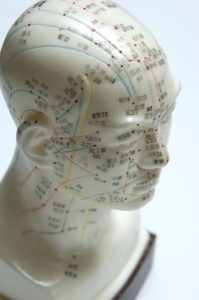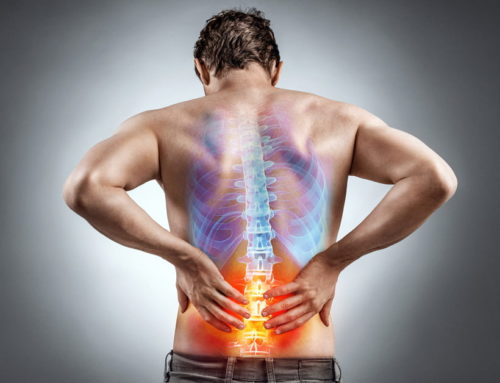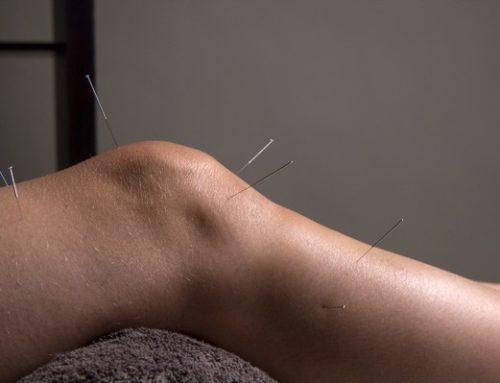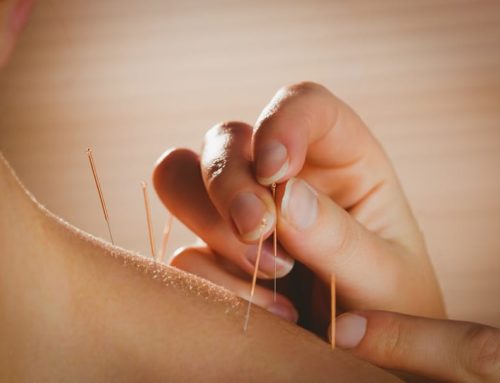Acupuncture is a system of medicine that has survived for over 2500 years, that in itself should give an idea of its capabilities. Originating in the Far East it is the main form of medicinal treatment in China and Japan, and its use can be traced along the Silk Road west to include India, the Middle East and as far as Algeria.
In the UK now it is an integral part of the complementary therapy scene, and with an ever-increasing number of people seeking acupuncture treatment for a wide range of ailments and conditions.
 Acupuncture has its own diagnostic method, by asking questions, looking at the body and tongue, palpation and pulse diagnosis to establish what is happening and to determine the root cause of the symptoms, each person is unique and this holistic approach ensures that the treatment is also unique to that individual at that time. The skill of an acupuncturist is their ability to form this traditional diagnosis from, very often, a complex pattern of disharmony using a system of correspondences that interlinks each part or system of the body to another. Although used to manage pain and disease it can also by effective to maintain optimal health.
Acupuncture has its own diagnostic method, by asking questions, looking at the body and tongue, palpation and pulse diagnosis to establish what is happening and to determine the root cause of the symptoms, each person is unique and this holistic approach ensures that the treatment is also unique to that individual at that time. The skill of an acupuncturist is their ability to form this traditional diagnosis from, very often, a complex pattern of disharmony using a system of correspondences that interlinks each part or system of the body to another. Although used to manage pain and disease it can also by effective to maintain optimal health.
Chinese medicine sees health as dependent on the body’s motivating force – Qi – moving in a smooth and balanced way through a series of energy channels in the body. This Qi comprises of equal and opposite forces – Yin and Yang – when these become unbalanced, an illness or symptoms could result. This is corrected by inserting fine needles into the energy channels, to stimulate the body’s own healing response and help restore it to its natural balance. The flow and balance of Qi can be disturbed by a varying number of factors, such as poor nutrition, weather conditions, hereditary factors, infections, poisons, trauma and emotional state (anxiety, stress, anger, fear or grief). Acupuncture aims to treat the whole person and recover the equilibrium between the mental, physical, and emotional (mind,body,soul) aspects of the individual.
Acupuncture has been in use for thousands of years around the globe, and the main reason that it has withstood the test of time because it works to safely relieve many common health complaints. How it works has remained largely a mystery (to those not familiar), until numerous research trials proved it effectiveness for a variety of conditions. Findings conclude that there are various factors responsible for acupuncture’s beneficial effects, including biochemical reactions to activate pain-suppressing receptors and increase the concentration of the neurotransmitter adenosine in local tissue.
Acupuncture uses more than 2,000 acupuncture points in the human body, which are connected by bioenergetic pathways known as meridians it is in these pathways that Qi, or energy, flows, and when the pathway is blocked the disruptions can lead to imbalances and chronic disease. Stimulating the conduction of electromagnetic signals by inserting needles on the energetic pathways releases immune system cells or pain-killing chemicals. It is also observed it activates of the body’s natural opioid system, which helps to reduce pain and or induce sleep. Also seen to stimulate the hypothalamus and pituitary gland, which impact numerous body systems and can change the secretion of neurotransmitters and neurohormones, which may positively influence brain chemistry.
The World Health Organisation conducted a review and analysis on controlled clinical trials using acupuncture and found that the following diseases and disorders that can be treated with acupuncture. (Published by World Health Organisation). Also recognised by the British Acupuncture Council (UK). The list is not limited and there are more conditions that can be helped and for which research is currently being conducted but it gives a fair idea. If there is anything specific that is not here please call and ask.
Conditions I have specifically had experience with are marked ü.
- Adverse reactions to radiotherapy and/or chemotherapy ü
- Allergic rhinitis (including hay fever) ü
- Biliary colic ü
- Depression (including depressive neurosis and depression following stroke) ü
- Dysentery, acute bacillary ü
- Dysmenorrhoea, primary ü
- Epigastralgia, acute (in peptic ulcer, acute and chronic gastritis, and gastrospasm) ü
- Facial pain (including craniomandibular disorders) ü
- Headache ü
- Hypertension, essential ü
- Hypotension, primary ü
- Induction of labour ü
- Knee pain ü
- Leukopenia ü
- Low back pain ü
- Malposition of fetus, correction of ü
- Morning sickness ü
- Nausea and vomiting ü
- Neck pain ü
- Pain in dentistry (including dental pain and temporomandibular dysfunction) ü
- Periarthritis of shoulder ü
- Postoperative pain ü
- Renal colic
- Rheumatoid arthritis
- Sciatica ü
- Sprains ü
- Stroke ü
- Tennis elbow ü
Diseases, symptoms or conditions for which the therapeutic effect of acupuncture has been shown but for which further proof is needed:
- Abdominal pain (in acute gastroenteritis or due to gastrointestinal spasm) ü
- Acne vulgaris
- Alcohol dependence and detoxification ü
- Bell’s palsy ü
- Bronchial asthma ü
- Cancer pain ü
- Cardiac neurosis
- Cholecystitis, chronic, with acute exacerbation ü
- Cholelithiasis ü
- Competition stress syndrome
- Craniocerebral injury, closed
- Diabetes mellitus, non-insulin-dependent ü
- Earache ü
- Epidemic haemorrhagic fever ü
- Epistaxis, simple (without generalized or local disease) ü
- Eye pain due to subconjunctival injection
- Female infertility ü
- Facial spasm ü
- Female urethral syndrome ü
- Fibromyalgia and fasciitis ü
- Gastrokinetic disturbance ü
- Gouty arthritis ü
- Hepatitis B virus carrier status
- Herpes zoster (human (alpha) herpesvirus 3) ü
- Hyperlipaemia
- Hypo-ovarianism ü
- Insomnia ü
- Labour pain ü
- Lactation, deficiency ü
- Male sexual dysfunction, non-organic ü
- Ménière disease ü
Disease and disorders that can be treated with acupuncture
- Neuralgia, post-herpetic ü
- Neurodermatitis
- Obesity ü
- Opium, cocaine and heroin dependence ü
- Osteoarthritis ü
- Pain due to endoscopic examination
- Pain in thromboangiitis obliterans
- Polycystic ovary syndrome (Stein–Leventhal syndrome) ü
- Postextubation in children
- Postoperative convalescence ü
- Premenstrual syndrome ü
- Prostatitis, chronic ü
- Pruritus ü
- Radicular and pseudoradicular pain syndrome
- Raynaud syndrome, primary ü
- Recurrent lower urinary-tract infection ü
- Reflex sympathetic dystrophy ü
- Retention of urine, traumatic
- Schizophrenia
- Sialism, drug-induced
- Sjögren syndrome
- Sore throat (including tonsillitis) ü
- Spine pain, acute ü
- Stiff neck ü
- Temporomandibular joint dysfunction ü
- Tietze syndrome ü
- Tobacco dependence ü
- Tourette syndrome
- Ulcerative colitis, chronic ü
- Urolithiasis
- Vascular dementia
- Whooping cough (pertussis) ü
Diseases, symptoms or conditions for which there are only individual controlled trials reporting some therapeutic effects, but for which acupuncture is worth trying because treatment by conventional and other therapies is difficult:
- Chloasma
- Choroidopathy, central serous
- Deafness
- Hypophrenia
- Irritable colon syndrome ü
- Neuropathic bladder in spinal cord injury
- Pulmonary heart disease, chronic
- Small airway obstruction
Diseases, symptoms or conditions for which acupuncture may be tried provided
the practitioner has special medical knowledge.
- Breathlessness in chronic obstructive pulmonary disease ü
- Convulsions in infants ü
- Coronary heart disease (angina pectoris) ü
- Diarrhoea in infants and young children ü
- Encephalitis, viral, in children, late stage ü
- Paralysis, progressive bulbar and pseudobulbar
If there is anything specific that is not here please call and ask.



